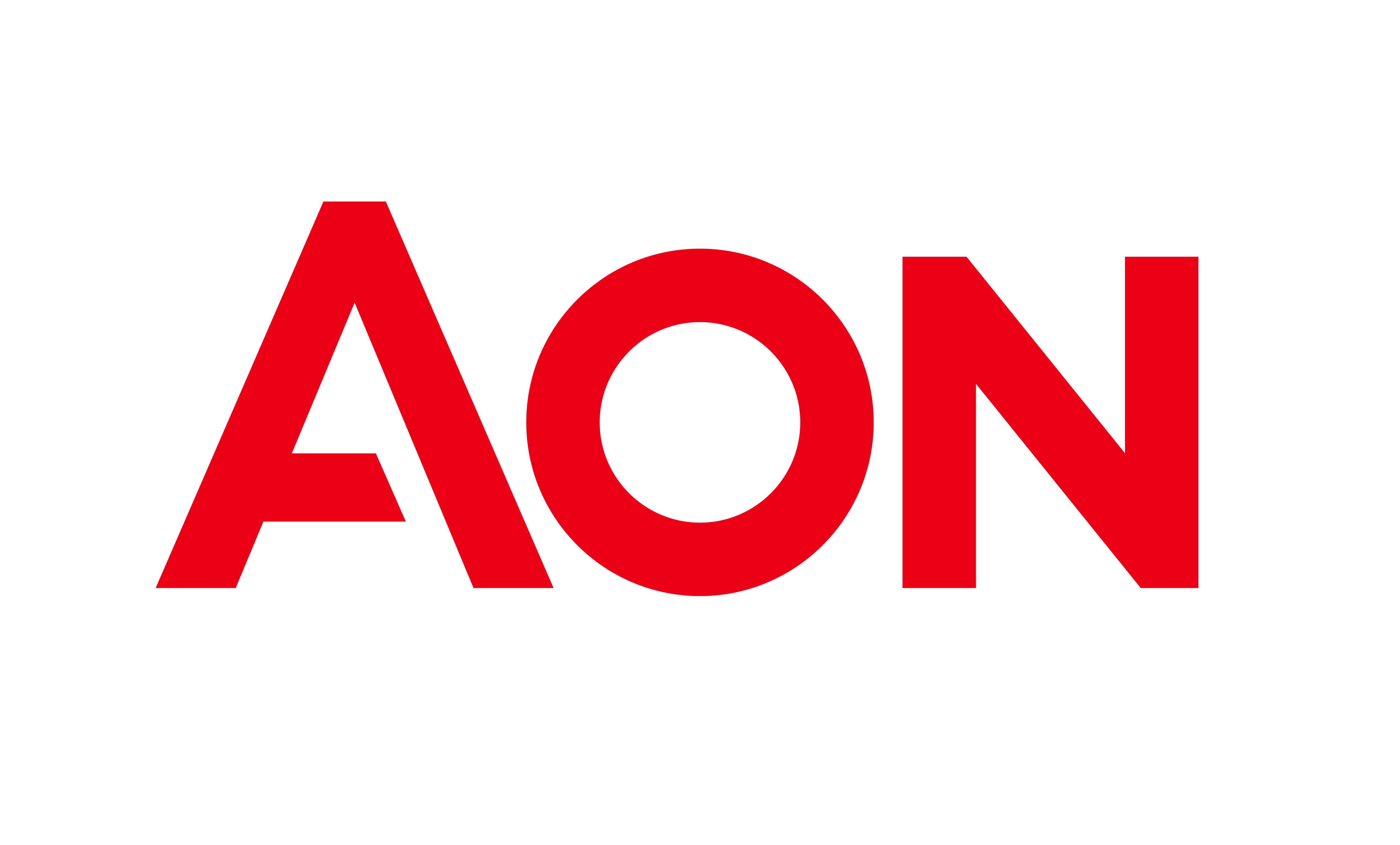“An inclusive city is one that values all people and their needs equally.”*
For any city to be inclusive, there needs to be ‘urine/potty parity’, that is, a sufficient number of toilets for all, including women and disabled citizens. The government, local bodies and agencies responsible for building a city’s infrastructure should consider this very crucial aspect while planning public spaces. The health of a city is inextricably linked to its toilet facilities and it is imperative to build enough for all sections of society. An inclusive city begins with access to good public toilets.
My own experience
If you are walking through Delhi or most other parts of India, you will inevitably come across a sign that reads– “Yahan peshab karna mana hain” (You are not allowed to urinate here).To an outsider, this could reflect upon two things – either the people here are unhygienic or there are actually no public toilets available for them to use. It is more often the latter that is responsible for open urination and defecation. Not only is it embarrassing that this sign has become a common sight in our county, but it makes one stop and think why we need to have to put it up at all.
This issue needs urgent attention. What is one supposed to do when nature calls? This is especially a plight for women and adolescent girls who would need a proper facility to relieve themselves. In some rural areas inside the city, where a public toilet is unheard of, sometimes women have to wait an entire day or walk miles to carry out the most basic natural, bodily function. Urination and defecation are important body detoxification mechanisms and if they are not allowed to take place when needed, it could lead to Urinary Tract Infections (UTIs) and long term health problems related to the kidneys.
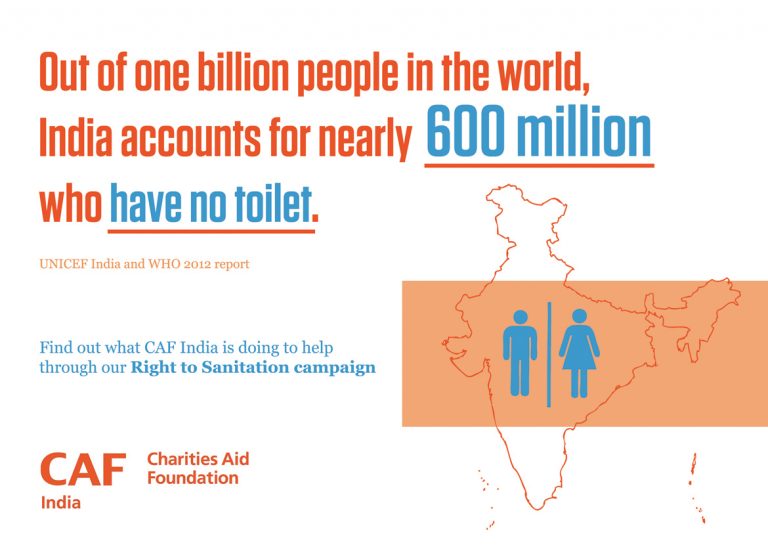
In most Indian cities, there is an acute shortage of public toilets. For example, Chennai needs about 6,000 public toilets and has only 714, while Nagpur needs more than 3,000 toilets but has to make do with only 318. Even the existing ones are poorly maintained and are not centrally located. This persisting neglect has led to woeful sanitary conditions.**
It is not malls or restaurants that we require. The need of the hour is a clean, well maintained public toilet in every corner of the city. The government has set the ball rolling by announcing the Swachh Bharat Abhiyan to ensure a cleaner India by 2019. The onus also lies on us – individuals, corporates, civil society organisations / NGOs to do our bit. Interestingly, in the United Kingdom, the government pays private establishments to keep their toilets open for public use. Perhaps we could learn from this and launch innovative schemes to face this challenge.
OneStage, which is working towards promoting a culture of ‘giving’ in India has a strong focus on improving sanitation in the country, helping to make clean toilets accessible to every citizen. We have supportive corporate and individual partners who believe that the lack of sanitation facilities needs to be addressed, and have helped change many lives for the better. Read Right to Sanitation for more details.
*http://nextcity.org/informalcity/entry/commentary-what-we-mean-by-inclusive-cities
**The Hindu – 2012
Search
Categories
Recent Posts
- A brief visit to a project site in Gurugram
- How was OneStage born?
- ‘The plight of people moved me, and the heroic efforts of frontline workers inspired me to support COVID Relief work’
- 7 ways to take care of your Mental Health during the pandemic
- 5 things you must keep in mind before forwarding information on COVID
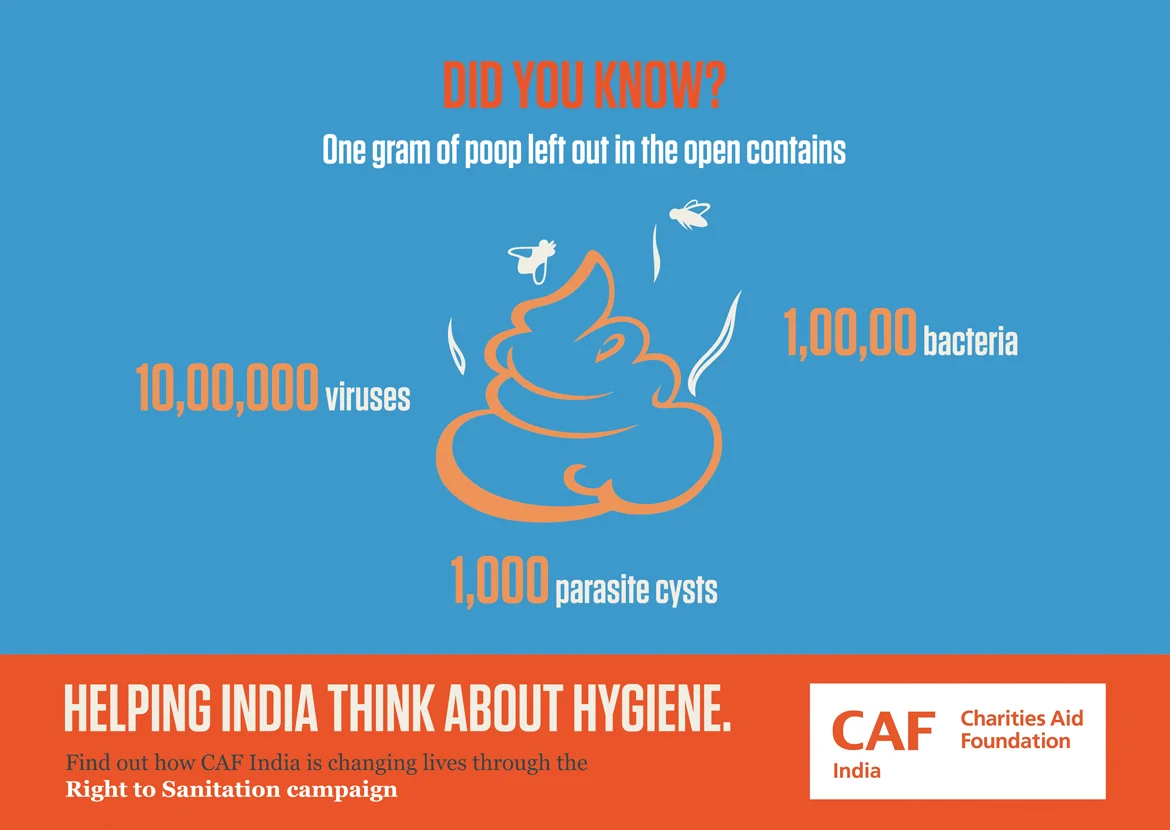






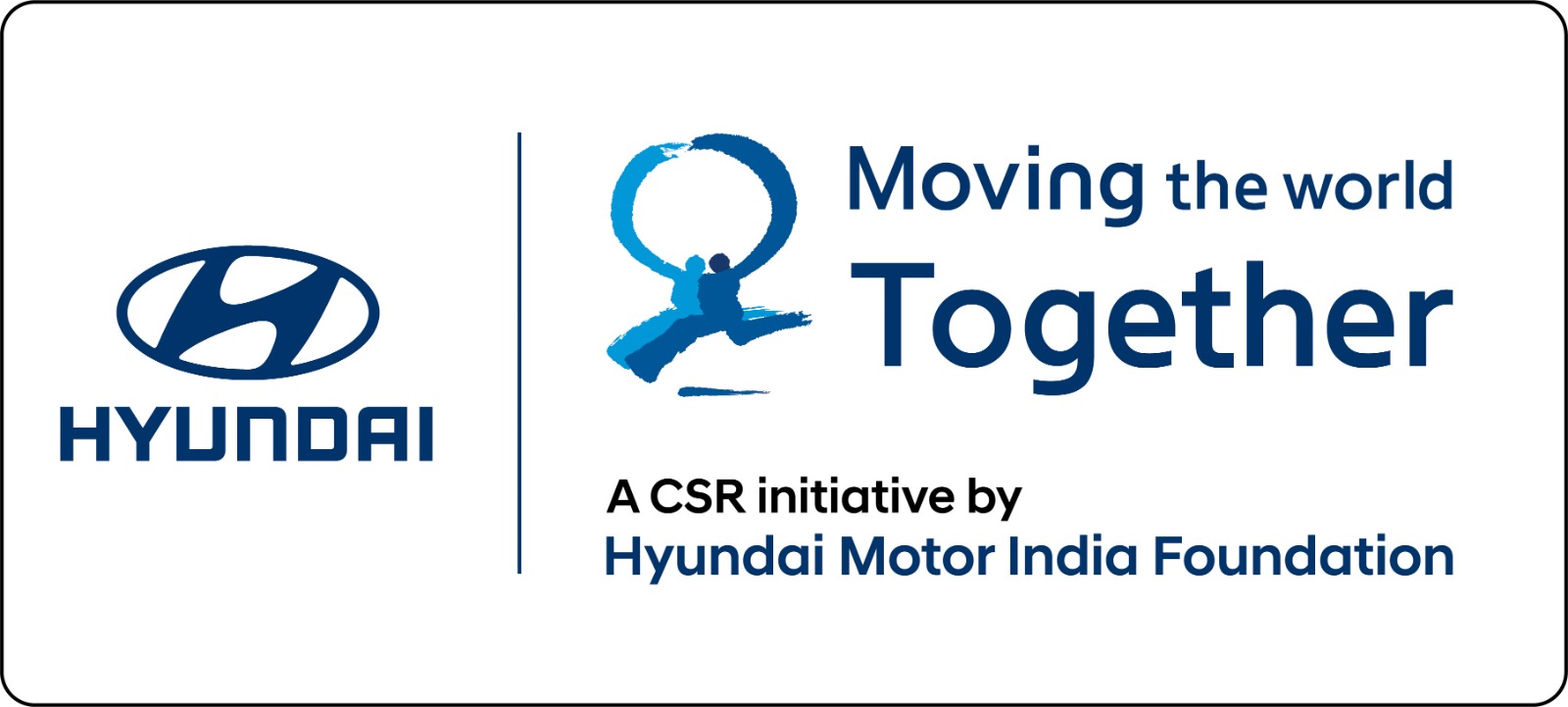



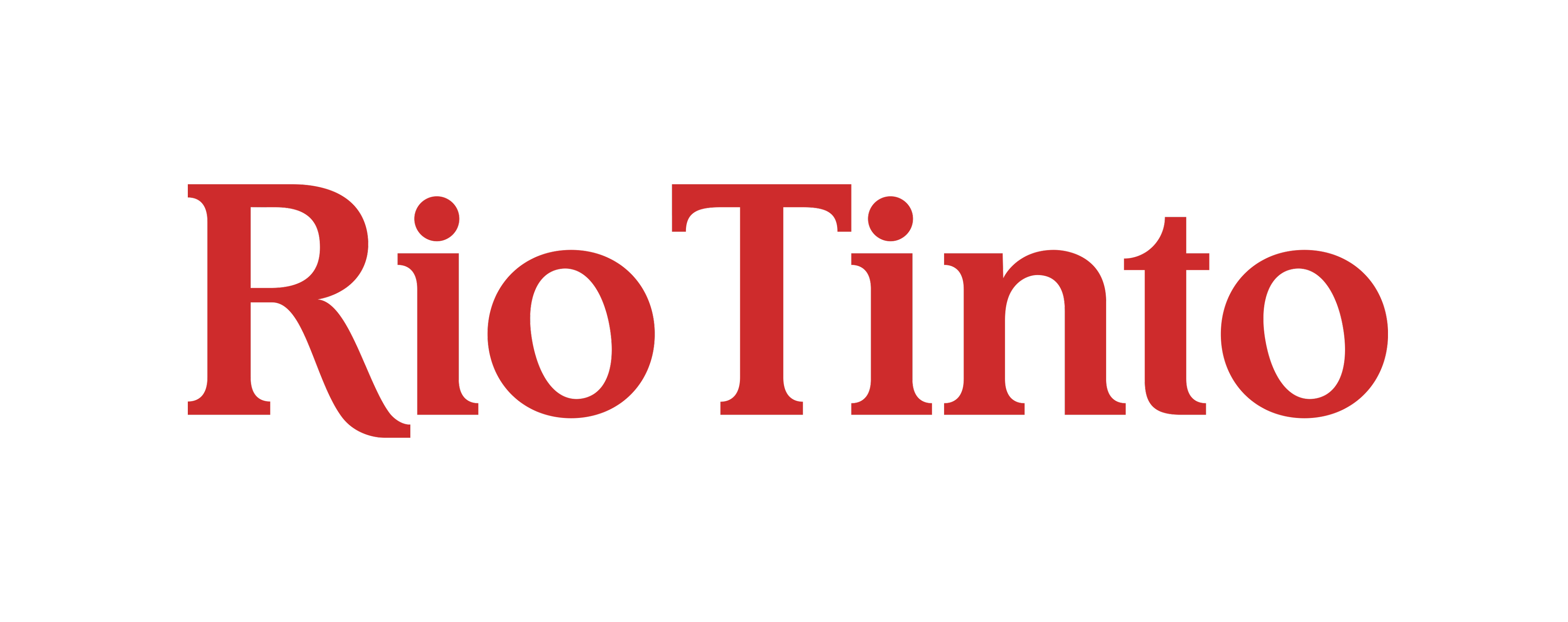
.png)

.png)

